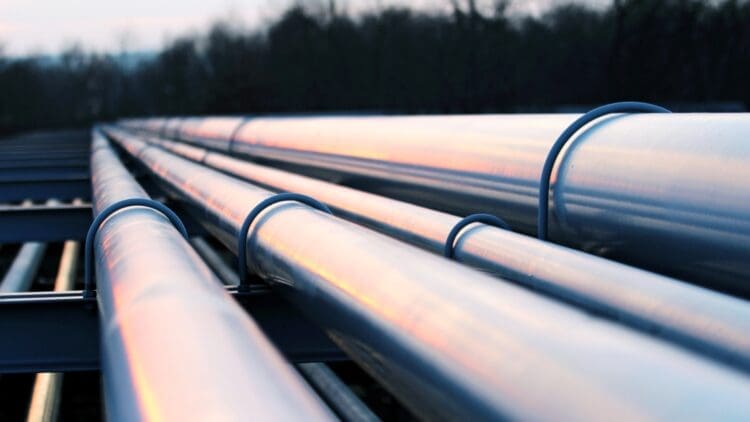A myriad of international energy companies have recently outlined their plans to boost upstream development as the world enters a new era in the global energy market. Several huge energy companies have divested traditional oil and coal operations and instead are focusing on gas and LNG projects as the sector gains momentum. One such company is Shell. The iconic British energy company recently revealed that it has signed off on a new upstream development that will supply Nigeria LNG.
Shell’s African adventure continues with a renewed sense of optimism
Shell is undoubtedly one of the largest and most profitable energy companies in the world. The company has amassed a wealth of energy projects over its extensive history. That being said, Shell has not gotten to be one of the biggest names in the energy game without assessing their portfolio and making changes or divesting holdings where necessary.
Shell has now revealed that it has reached a Final Investment Decision to develop the HI field to supply up to 350 million standard cubic feet of natural gas a day to Nigeria LNG. Nigeria has seen an increase in demand for Liquefied Natural Gas in recent months, marking a shift in the global energy industry.
Shell and Nigeria LNG have launched a new joint venture in which the British energy major owns a 40% stake, while Sunlink Energies and Resources Ltd each hold a 30% interest. It should be worth mentioning that Shell owns a 25.6% interest in Nigeria LNG.
“The increase in feedstock to NLNG, via the train VII project that aims to expand the Bonny Island terminal’s production capacity, is in line with Shell’s plans to grow its global LNG volumes by an average of four to five percent per year until 2030” – Statement by Shell on its website
The HI field in Nigeria holds a significant place in Shell’s plans for the future
The HI field will play an integral part in Shell’s plans announced on Capital Market Day 2025, as the company aims to start up upstream and integrated gas projects with an expected total capacity of one million barrels of oil equivalent per day over the next five years.
According to Shell, the HI field holds approximately 285 million barrels of oil equivalent. Since being discovered in 1985, the Hi field has become a sustainable gas and LNG project that delivers on Shell’s plans to diversify its energy portfolio, especially as the global energy market is shifting away from conventional oil and coal production.
“Following recent investment decisions related to the Bonga deepwater development, today’s announcement demonstrates our continued commitment to Nigeria’s energy sector, with a focus on deepwater and integrated gas. This upstream project will help Shell grow our leading integrated gas portfolio, while supporting Nigeria’s plans to become a more significant player in the global LNG market”. – Shell upstream president Peter Costello
Several other large energy companies have invested massive amounts to develop fresh gas projects around the world, especially as the global market transitions towards gas production as opposed to relying on coal and oil.
Shell has even divested its holdings in Nigerian onshore assets to refocus on LNG
The company has noted its divestment of significant assets in Nigeria to focus on deepwater and integrated gas assets. The news comes as Nigeria has revealed that it has approved up to 43 new energy projects this year, a significant milestone for a country that has relied on oil production for generations. Shell divested its holdings in Shell Petroleum Development Company of Nigeria Ltd. This extensive directive that the company has undertaken enables Shell to increase investment in new gas and LNG projects with an eye on the future of the energy sector.






